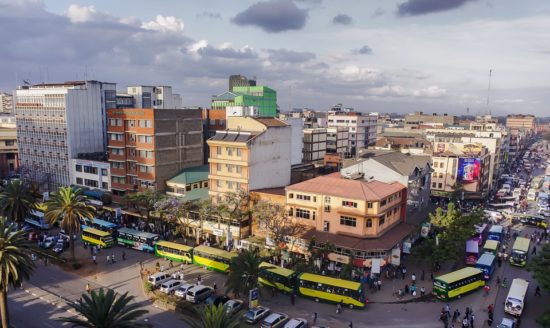Assessment of Antimicrobial Resistance Diagnostic Capacity and Antibiotic Use in 10 Counties in Kenya
Kenya has limited antimicrobial resistance (AMR) surveillance activities due to restricted laboratory capacity and poor reporting by facilities. As of 2021, 12 health facilities were serving as AMR surveillance sites, but only 6 were actively submitting data. AMR surveillance data rely primarily on clinical isolates collected from tertiary-level health facilities. There is low AMR awareness and knowledge among healthcare workers, and there is no evidence of a national survey addressing AMR and antimicrobial use. A robust antimicrobial stewardship program (ASP) should foster appropriate use of antimicrobials, improve patient outcomes, reduce microbial resistance, and decrease the spread of infections caused by multidrug-resistant organisms. Kenya has developed a national policy on prevention and containment of AMR in 2017, aiming to improve awareness, strengthen knowledge, reduce infection incidence, optimize antimicrobial use, and increase investment in new medicines, diagnostic tools, vaccines, and other interventions.
AMR NEWS
Your Biweekly Source for Global AMR Insights!
Stay informed with the essential newsletter that brings together all the latest One Health news on antimicrobial resistance. Delivered straight to your inbox every two weeks, AMR NEWS provides a curated selection of international insights, key publications, and the latest updates in the fight against AMR.
Don’t miss out on staying ahead in the global AMR movement—subscribe now!






